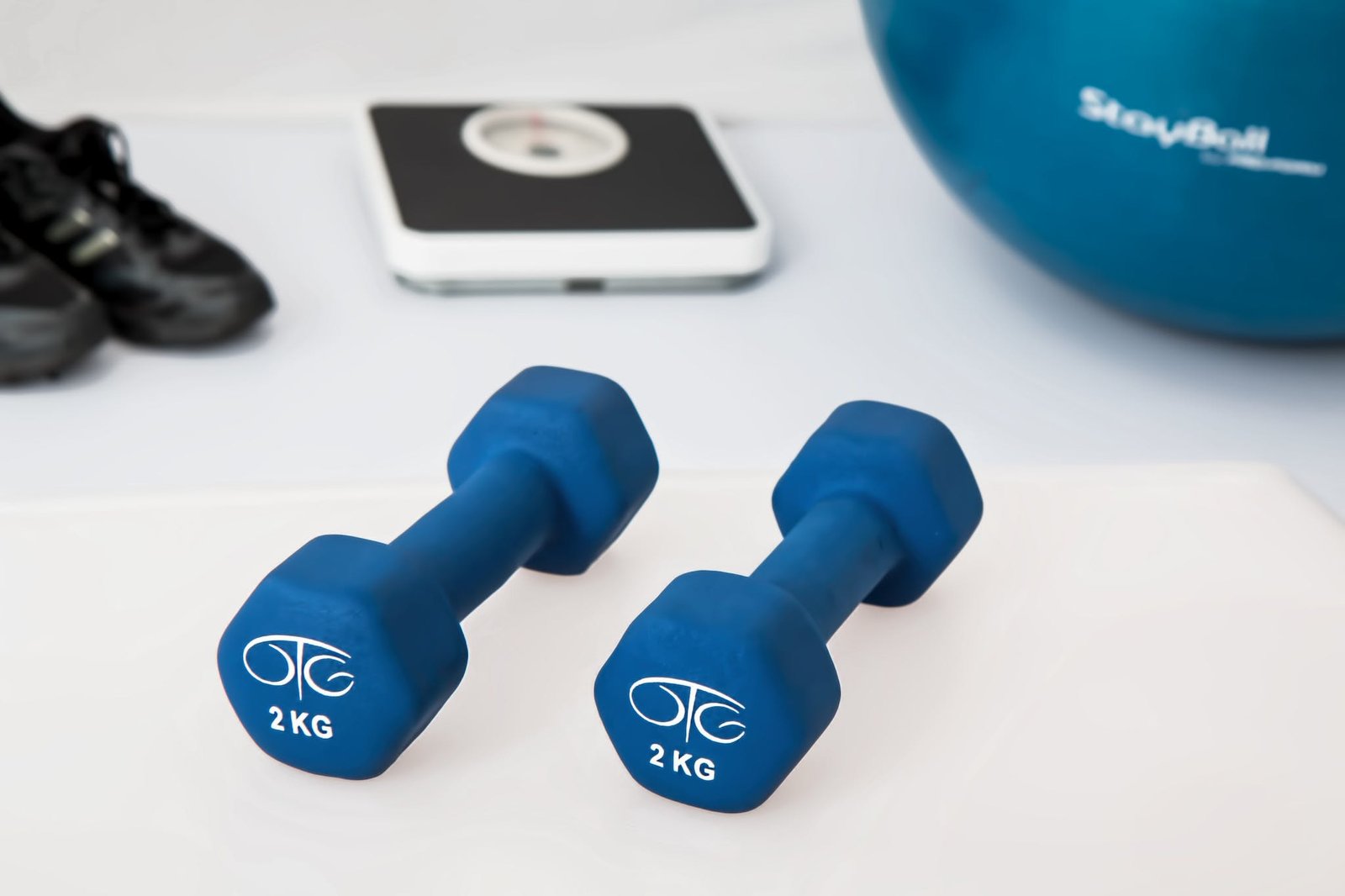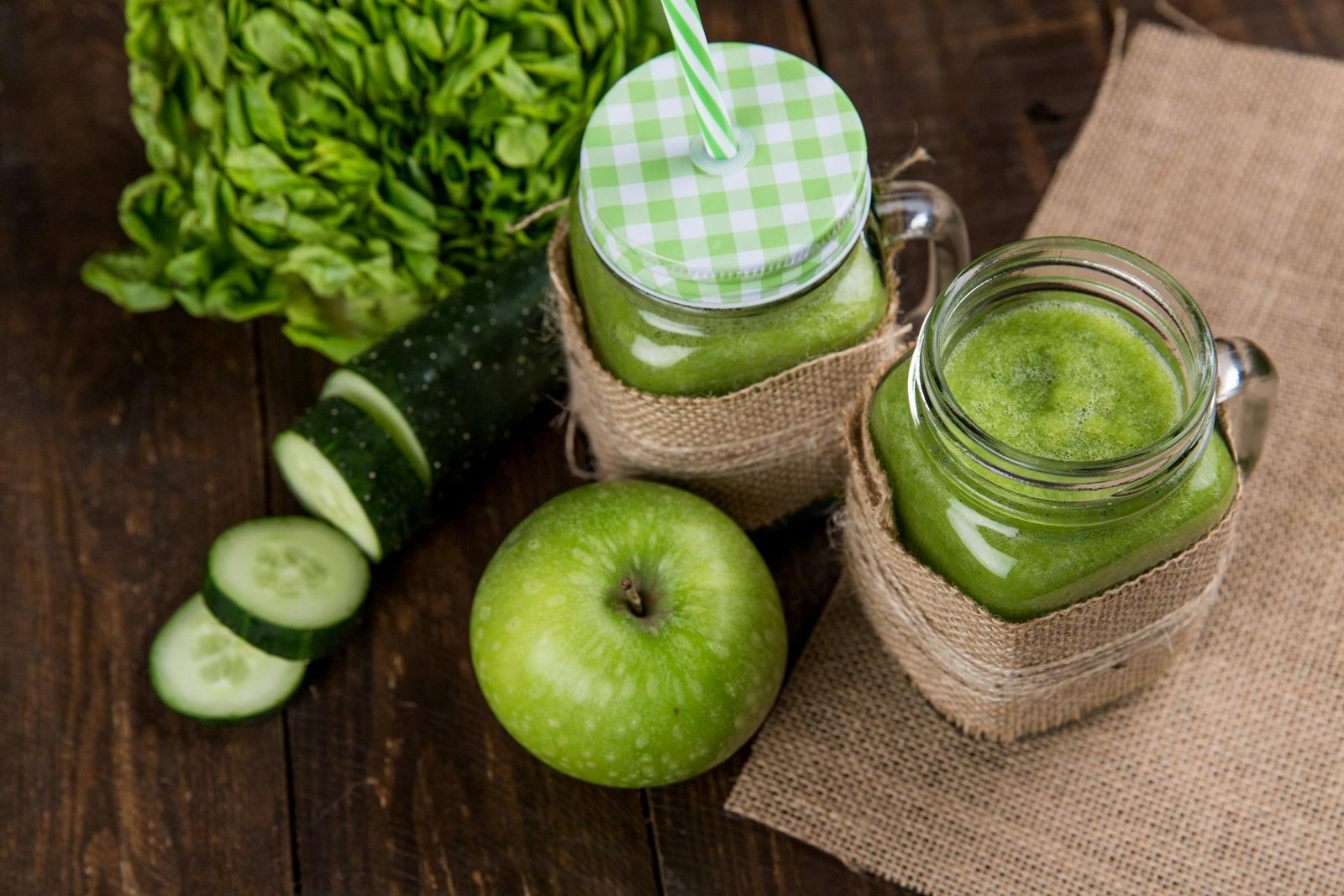Hydrating Before, During and After Exercise Sessions
There are some affiliate links below, but they are all products I highly recommend. For more info, view my disclosure here.
Are you looking to maximize your exercise performance? Hydrating properly before, during, and after your workouts is key.
We’ll guide you through the importance of hydration for optimal results. Discover pre-workout strategies, tips for staying hydrated during exercise, and the best ways to recover post-workout.
Plus, we’ll help you choose the right hydration drinks and provide monitoring tools to track your hydration levels.
Stay hydrated and unlock your full potential!
Importance of Hydration for Exercise Performance
To improve your exercise performance, staying properly hydrated is essential. When you exercise, your body loses water through sweat, and if you don’t replenish it, dehydration can occur. Dehydration can lead to a decrease in performance, as it affects your energy levels, muscle function, and overall endurance. By staying hydrated, you ensure that your body can function optimally during workouts.
When you’re dehydrated, your body has to work harder to perform the same exercise, causing you to feel fatigued more quickly. This can result in a decrease in strength and stamina, making it harder to push through your workouts. Dehydration can affect your muscle function, leading to cramping and muscle strains. Proper hydration allows your muscles to contract and relax efficiently, reducing the risk of injuries.
Furthermore, staying hydrated helps regulate your body temperature during exercise. When you sweat, your body cools down, preventing overheating. However, if you’re dehydrated, your body has a harder time cooling itself, increasing the risk of heat exhaustion or heat stroke. By drinking enough water, you can maintain a healthy body temperature, allowing you to exercise comfortably and safely.
Pre-Workout Hydration Strategies
Make sure you’re adequately hydrated before you start your workout to optimize your performance. Hydration plays a crucial role in your exercise routine, as it helps maintain your body’s temperature, lubricates your joints, and delivers nutrients to your muscles.
To ensure you’re properly hydrated, there are a few strategies you can implement.
First, start by drinking water throughout the day leading up to your workout. Aim to consume at least 16-20 ounces of water two hours before exercising. This will give your body enough time to absorb and distribute the water properly.
During your workout, it’s important to continue hydrating. Take regular water breaks and sip on water every 15-20 minutes to replenish lost fluids. If you’re engaging in a high-intensity or prolonged exercise session, you may also consider consuming a sports drink that contains electrolytes to help replace what you’ve sweated out.
After your workout, don’t forget to rehydrate. Drink water or a recovery beverage that contains electrolytes to replenish fluid levels and aid in muscle recovery.
Hydration Tips During Exercise
Don’t forget to take regular water breaks and sip on water every 15-20 minutes to replenish lost fluids and maintain optimal performance. Staying hydrated during exercise is crucial for your body to function at its best. When you exercise, your body loses water through sweat, and if you don’t replace it, you can become dehydrated. Dehydration can lead to fatigue, muscle cramps, and even heatstroke. So, make sure you’ve a water bottle with you and take small sips throughout your workout.
It’s important to listen to your body’s signals and drink water when you feel thirsty. Thirst is a sign that your body needs water, and it’s crucial not to ignore it. By sipping on water regularly, you can prevent dehydration and keep your body functioning optimally.
In addition to water, you can also consider sports drinks that contain electrolytes. These drinks help replenish not only water but also essential minerals that are lost through sweat. However, be mindful of the sugar content in these drinks and choose ones that are low in sugar or opt for natural alternatives such as coconut water.
Post-Workout Hydration for Recovery
After your workout, it’s important to replenish lost fluids and promote recovery by drinking water and consuming hydrating foods like fruits and vegetables. Hydration plays a crucial role in aiding the recovery process and preventing dehydration. When you exercise, your body loses fluids through sweat, and it’s essential to replace them to maintain optimal bodily functions.
Water is the best choice for rehydration as it helps to restore the fluid balance in your body. Aim to drink at least 16 to 20 ounces of water within an hour of finishing your workout. If you’ve had an intense or prolonged exercise session, you may need to consume more water to replace what you’ve lost.
In addition to water, incorporating hydrating foods into your post-workout routine can further enhance your recovery. Fruits and vegetables are excellent sources of hydration, as they contain high water content. Foods like watermelon, oranges, cucumbers, and celery can provide both fluids and essential nutrients to replenish your body after exercise.
Choosing the Right Hydration Drinks
When it comes to choosing the right hydration drinks, you want to opt for options that provide electrolytes and are low in added sugars. Electrolytes, such as sodium, potassium, and magnesium, are essential for replenishing the minerals lost through sweat during exercise. These minerals help maintain proper hydration levels and support muscle function. Look for drinks that specifically mention electrolyte content on the label.
It’s important to be mindful of added sugars in hydration drinks. While some sugar can be beneficial for quick energy, excessive amounts can lead to bloating, stomach discomfort, and even a crash in energy levels. Aim for drinks that have minimal added sugars or are sweetened with natural alternatives like stevia or fruit juices. It’s also a good idea to choose drinks that are easily absorbed by the body, such as those with a balanced ratio of carbohydrates and electrolytes.
Lastly, consider your personal preferences and taste when selecting hydration drinks. Experiment with different flavors and brands to find the ones that you enjoy drinking the most. Remember, staying properly hydrated is crucial for optimal performance and recovery during exercise, so choose wisely!
Hydration Monitoring and Tracking Tools
To effectively monitor and track your hydration levels, consider using tools such as smart water bottles or hydration tracking apps. These innovative tools can help you stay on top of your hydration game and avoid the risks of dehydration during exercise.
Smart water bottles are equipped with sensors that measure how much water you drink and remind you to stay hydrated throughout the day. They can even sync with your smartphone to provide real-time data on your hydration levels.
Hydration tracking apps, on the other hand, allow you to input your water intake manually and track it over time. They can also provide personalized recommendations on how much water you should be drinking based on factors like your weight, activity level, and climate.
By using these tools, you can have a better understanding of your hydration needs and make necessary adjustments to ensure optimal performance during your workouts.







